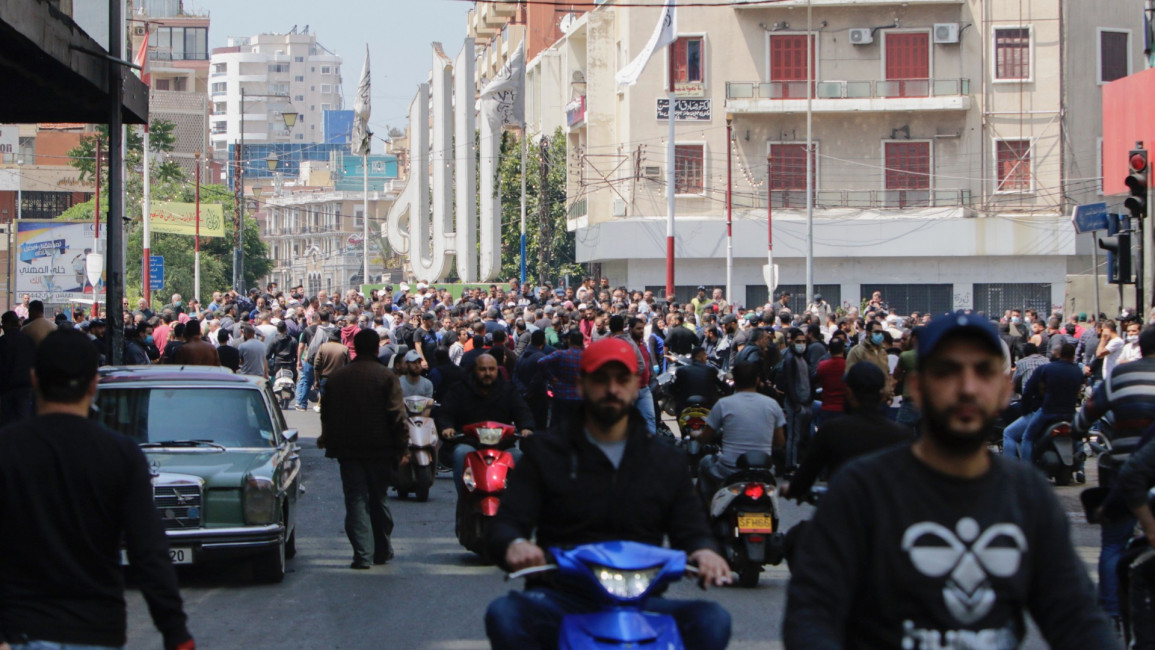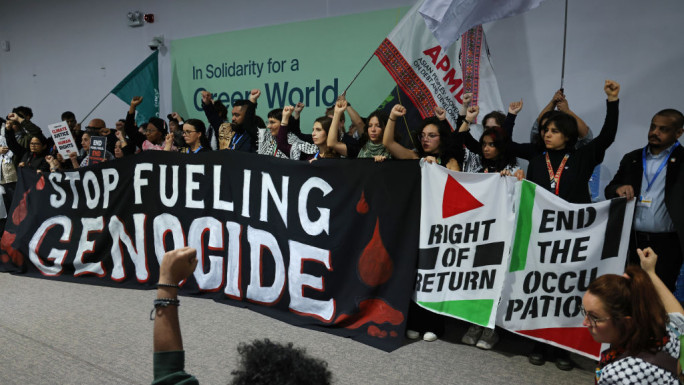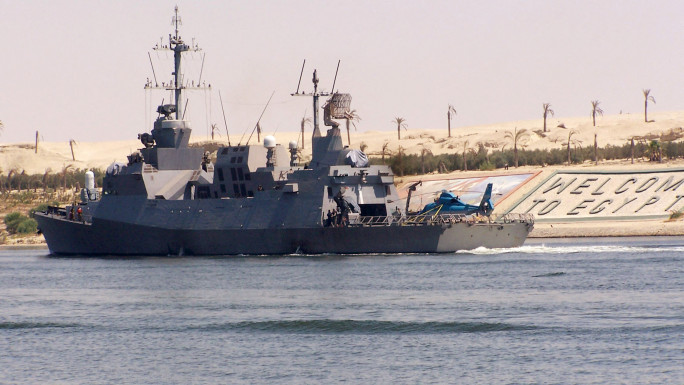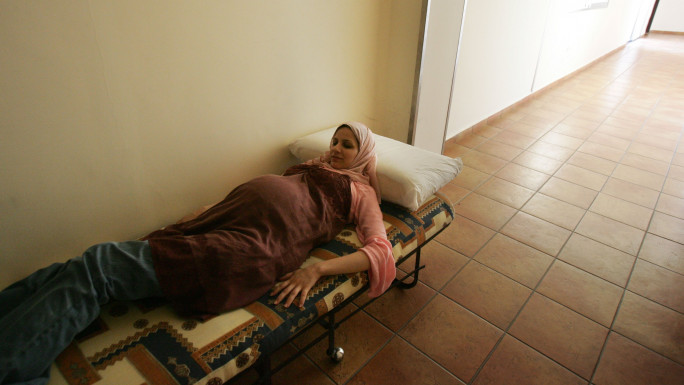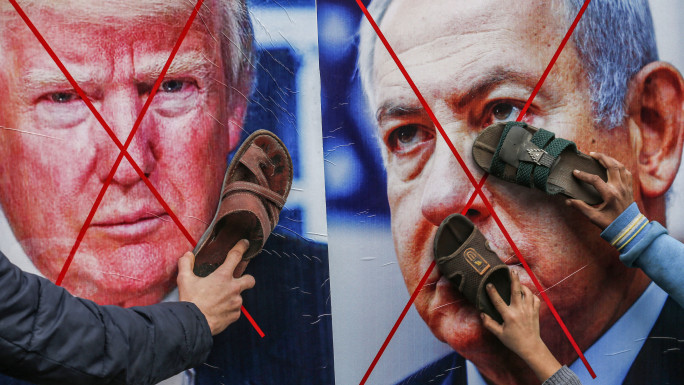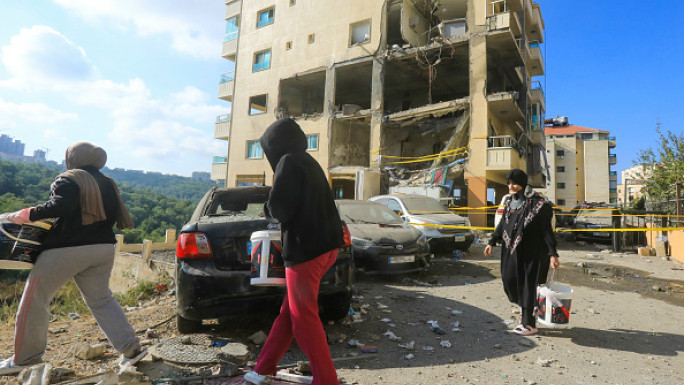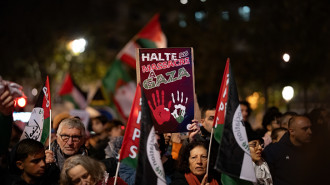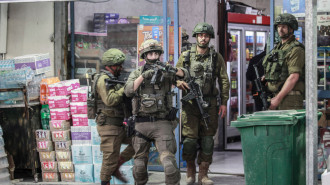Hundreds take part in funeral of man killed in Lebanon riots
As the funeral got underway in the afternoon hours, in a nearby street lined with banks, dozens of protesters hurled Molotov cocktails, setting off fires in at least two banks. Troops deployed quickly in the area to try prevent further riots.
The violence in Tripoli, Lebanon’s second-largest city with soaring unemployment and poverty, first erupted late on Monday and lasted well after midnight as angry protesters threw firebombs at several banks and caused wide damage.
Protests also erupted elsewhere in Lebanon, leaving scores injured and more than a dozen people detained, according to the Lebanese military.
In Tripoli, hundreds marched in the funeral procession for Fawaz Al-Samman, 26. Gunmen opened fire in the air in a sign of anger. The man's body was brought from his parents' home and placed briefly in front of his motorcycle repair shop before he was laid to rest in a Tripoli cemetery.
Apparently to avoid more tension, Al-Samman's body was not brought to the city's Nour Square as previously planned. Most of the violence had taken place on the square and shortly after the funeral began, troops deployed there moved away from the area.
"The army command expresses its deep regret for the fall of a martyr," the military said, adding that an investigation has been opened into Al-Samman's death.
Last week, scattered anti-government protests resumed as authorities began easing the weeks-long lockdown to limit the spread of the coronavirus pandemic in Lebanon, which has reported 710 cases and 24 deaths so far.
In a statement about the overnight riots, the Lebanese army said that "troublemakers who had infiltrated the protesters to attack banks" also threw firebombs and grenades at the military, setting a military vehicle on fire. It said 54 troops were injured across the country and that the army detained 13 people.
The state-run National News Agency said clashes in Tripoli killed one person and left more than 30 injured. In Beirut, "attackers" set ATM machines on fire at a local bank early Tuesday, the agency said.
Public anger has mounted against banks in Lebanon after they imposed capital controls on people's accounts. Over the weekend, the Lebanese pound hit a record low, with 4,000 pounds to the dollar on the black market while the official price remained at 1,507 pounds.
On Sunday night, the Central Bank of Lebanon instructed currency exchange shops not to sell the dollar for more than 3,200 pounds. On Monday, most exchange shops were not selling dollars, saying clients who have dollars are refusing to exchange their hard currency at such a low price.
Several exchange shop owners were detained Monday for violating the decree, prompting a strike Tuesday by shop owners until the detainees were set free. The dollar surged on the black market to 4,300 pounds on Tuesday.
Agencies contributed to this report.
Follow us on Facebook, Twitter and Instagram to stay connected
